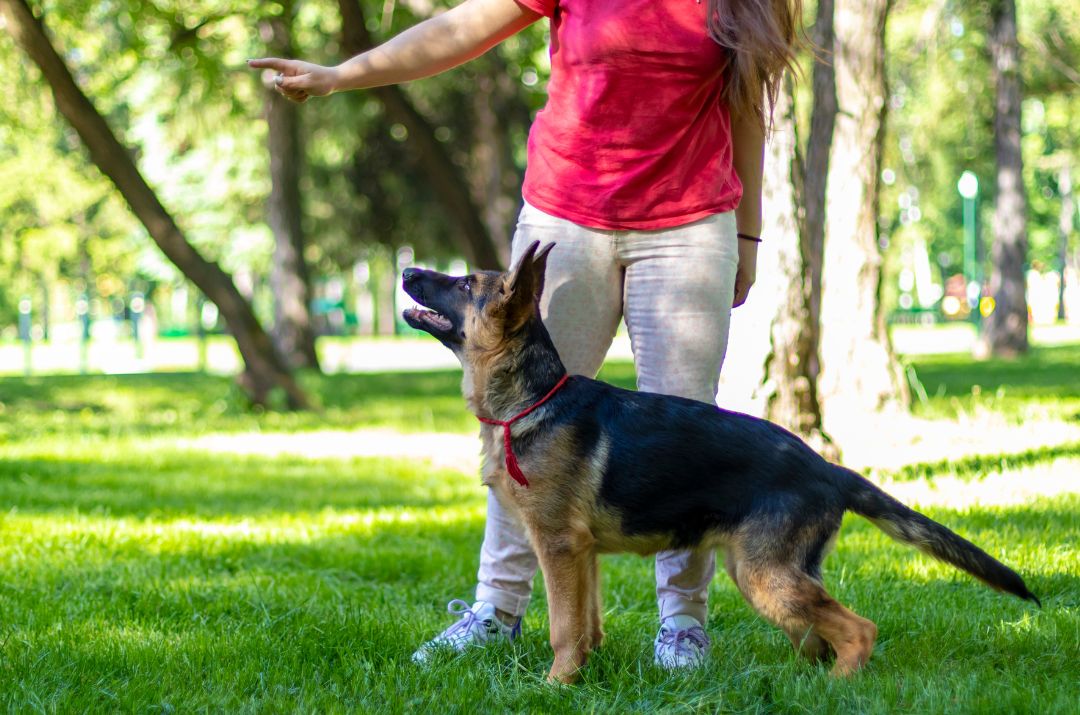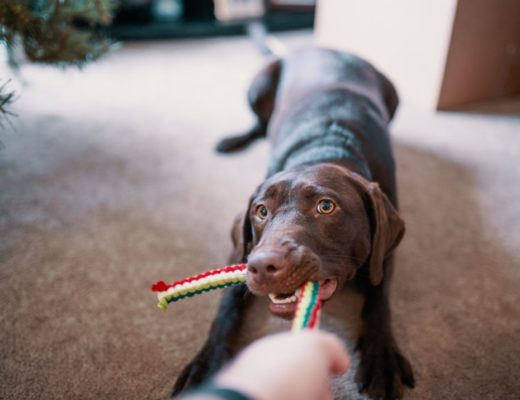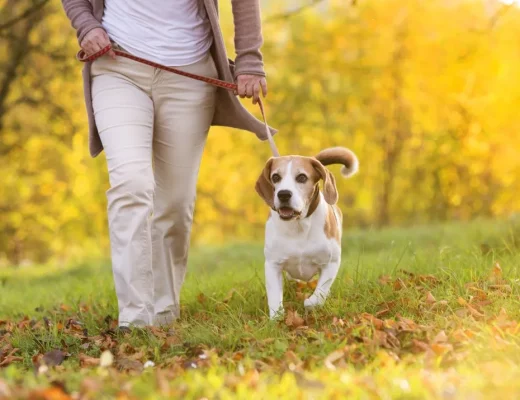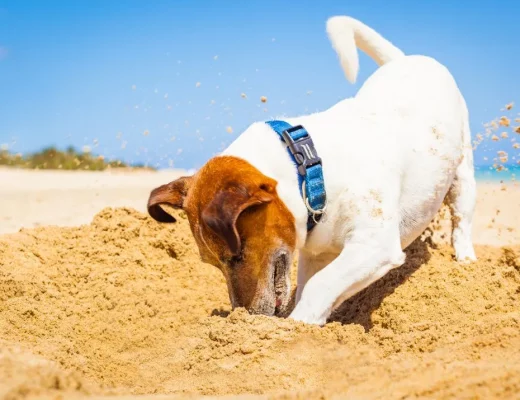German Shepherds are intelligent and loyal dogs that make excellent companions, but like any other puppy, they need proper training to become well-behaved and obedient. Here are the top 10 German Shepherd puppy training tips to help you raise a happy and well-trained pup.

- Contents:
- Start training early
- Socialize your pup
- Positive reinforcement
- Be consistent
- Use a clicker
- Keep training sessions short
- Use a crate
- Exercise your pup
- Teach your pup to be calm
- Be patient
- Conclusion
Start training early
German Shepherd puppies are intelligent and curious, so start training them as soon as possible. Begin with basic commands like “sit,” “stay,” and “come,” and gradually move on to more complex commands as your pup learns.
Socialize your pup
German Shepherds are protective by nature and can be wary of strangers, so socialize your pup early on. Take your pup to puppy classes, dog parks, and other places where they can interact with other dogs and people.
Positive reinforcement
German Shepherds respond well to positive reinforcement, such as praise, treats, and toys. Reward your pup immediately when they complete a command to reinforce the behavior.
| Positive Reinforcement | Description | Pros | Cons |
|---|---|---|---|
| ? Praise | Verbal affirmation of good behavior | ? Easy to administer, ? cost-effective, strengthens bond with your puppy | ? May not be as effective as other forms of positive reinforcement |
| ? Treats | Small food rewards for good behavior | ? Highly effective, easy to administer, can be used in different training scenarios | ? Can lead to obesity or overfeeding if used excessively |
| ? Toys | Special toys for good behavior | ? Fun and stimulating for your puppy, can be used in different training scenarios | ? Can be less effective than other forms of positive reinforcement for certain behaviors |
Be consistent
Consistency is key when training a German Shepherd puppy. Use the same commands, rewards, and training techniques every time to avoid confusing your pup.
Use a clicker
Clicker training is a great way to train a German Shepherd puppy. The clicking sound serves as a marker for good behavior, and your pup will quickly learn to associate the click with a reward.
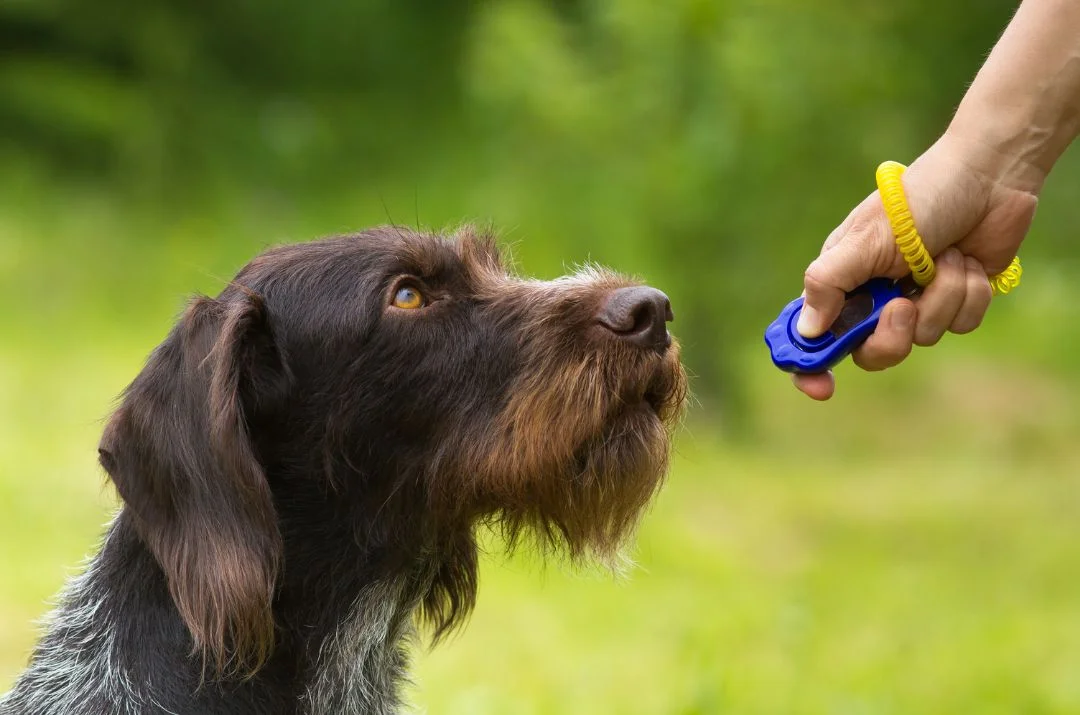
Keep training sessions short
German Shepherd puppies have a lot of energy, but they also have a short attention span. Keep training sessions short, around 10-15 minutes, to keep your pup engaged and focused.
Use a crate
Crate training can be an effective way to train a German Shepherd puppy. A crate can provide a safe and comfortable space for your pup, and it can also help with potty training.
Exercise your pup
German Shepherds are high-energy dogs that need plenty of exercise to stay healthy and happy. Take your pup for daily walks, play fetch, and engage in other physical activities to help burn off their energy.
Teach your pup to be calm
German Shepherds can be prone to anxiety and hyperactivity, so teach your pup to be calm and relaxed. Encourage your pup to rest and relax when they are not exercising or playing.
@8pawsclub ? Want to raise a well-behaved and happy German Shepherd pup? Look no further! In this reel, we’ve compiled the top 10 expert training tips for your furry friend’s success. From crate training to positive reinforcement techniques, these tips will help you build a stronger bond with your pup and ensure their long-term happiness. Whether you’re a new owner or a seasoned pro, these tips are sure to help you unlock your pup’s full potential. Don’t forget to share with your fellow German Shepherd lovers! ❤️ #germanshepherdtraining #puppytrainingtips #obedientcompanion
♬ original sound – Dog Behavior, Training &Health – Dog Behavior & Welfare Trainer
Be patient
Training a German Shepherd puppy takes time and patience. Don’t get frustrated if your pup doesn’t respond to a command right away. Instead, take a break and try again later.
Conclusion
In summary, training a German Shepherd puppy requires patience, consistency, and positive reinforcement. By starting early, socializing your pup, and using positive reinforcement, you can raise a well-behaved and obedient German Shepherd that will be a loyal companion for years to come.
FAQ
When should I start training my German Shepherd puppy?
You should start training your German Shepherd puppy as early as possible, as they are intelligent and curious creatures that can learn quickly.
How can I socialize my German Shepherd puppy?
To socialize your German Shepherd puppy, you can take them to puppy classes, dog parks, and other places where they can interact with other dogs and people.
What is the best way to train a German Shepherd puppy?
German Shepherds respond well to positive reinforcement, so using treats, praise, and toys as rewards can be effective. Consistency is also important, and clicker training can be a great way to mark good behavior.
How long should training sessions be for my German Shepherd puppy?
Training sessions for your German Shepherd puppy should be kept short, around 10-15 minutes, to keep them engaged and focused.
Should I crate train my German Shepherd puppy?
Yes, crate training can be an effective way to train your German Shepherd puppy, as it provides a safe and comfortable space for them and can also help with potty training.
How much exercise does my German Shepherd puppy need?
German Shepherds are high-energy dogs that require plenty of exercise to stay healthy and happy. Daily walks, playing fetch, and other physical activities can help burn off their energy.
What should I do if my German Shepherd puppy doesn’t respond to a command?
If your German Shepherd puppy doesn’t respond to a command, take a break and try again later. Training a puppy requires patience, and it’s important not to get frustrated or discouraged.

